Fade To Black
Yugo
Carlos Gómez Salamanca tells an intensely personal drama, a complete life trajectory, reflecting on a turbulent societal condition.
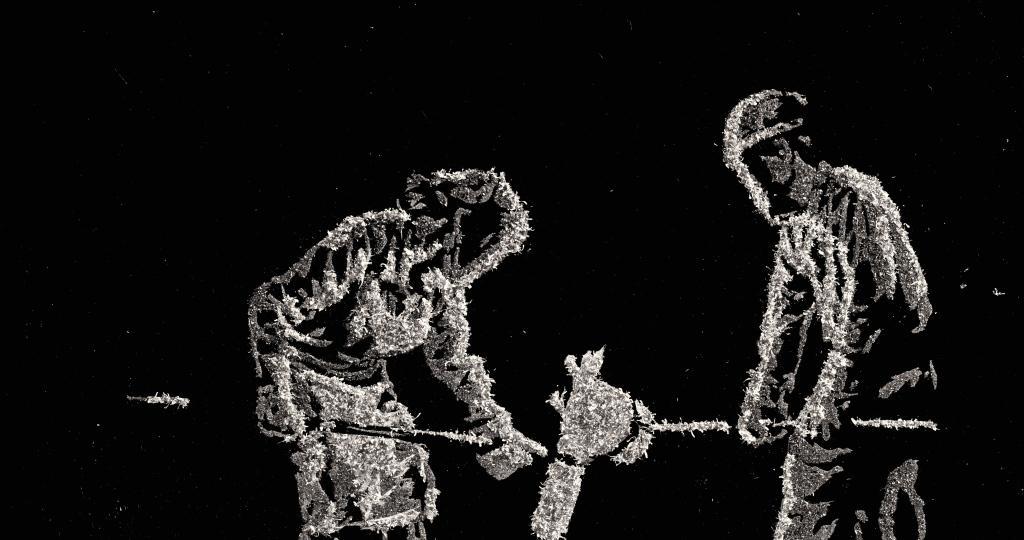
“Capitalism requires the physical and spiritual energy of our bodies to ensure its constant reproduction,” laments one of the lead narrators in Yugo. This statement not only encapsulates a primary moral of the film but also reflects the dire consequences of many of the impactful shifts towards industrialisation during the mid-20th century in Colombia and Latin America. Set during this time of rapid transformation when hands were replaced with machines and human labour was marginalised, Carlos Gómez Salamanca’s short animation follows the life journey of a woman and a man from the countryside of Colombia. In their endeavour to find work and make ends meet, they reach Bogotá, find each other, and get married. Together they establish a metal workshop but face the implications of a harsh economic reality.
From its very first moment, Yugo gallops forward. Owing much to its fast pace and the unsettling (and beautiful) pounding soundtrack, it immediately grabs the viewer’s attention, and a strong sense of tension is maintained throughout. As voiceover testimonials of relatives guide the story, elements and characters in black and white emerge and fade away quickly on a black background that functions like a canvas of life events. Such cinematic expressions are often akin to acts of recollection and ambitions to materialise fractions of memories. But here, the technique of the constant ebb and flow of images seems particularly pertinent–it resonates transience within a decaying world lacking foundations and stability and evokes the rapid rate of change. This is partially a result of a combination of animation techniques—including metal powder drawings and 3D, bringing to mind Pointillist paintings which historically share the motif of a deconstructed reality.
Through the personal accounts of the two main characters, Yugo asks to shed light on a grave collective social turn. We learn of a generation of hardworking people who built roads and cities with their bare hands but were eventually neglected for bigger political interests prioritising fast industrialisation and international corporations. “My parents were motivated by the illusion of progress that the city offers,” recounts the couple’s daughter, echoing a false global vision of progression and mobility sold to many in the working class at the turn of the 20th century and later on.
Looking back on the painful struggles of these characters could be read as nostalgic, but the dense and eventful dramatic narrative does not allow us to sink into these memories. The film effectively steers away from sentimentality to remind us that while there may have been moments of solace for this couple, the past should not be looked upon with sweet affection but rather with criticality and reflection on the circumstances that gave rise to human and environmental tragedies.
One scene particularly implying the imminent dangers of these transformations is illustrated through the production process of metal by the couple. The score plays a crucial role as rumbling sounds of fire explosions and gunshots are heard, as the liquid is poured and boiled, and materials are welded. Though we are merely witnessing metal craft, as the process advances, the combination of visuals and war-like sounds puts us on the verge of distress. This analogy of labour and violence is traced throughout the film continuously.
With formidable connections between sound and picture as such, Salamanca clearly succeeds in producing a compelling cinematic experience. But with this accomplishment, some important informative aspects seem to be overlooked. For instance, despite the fact that political and historical events play a central role, the period in which the film takes place isn’t clearly outlined. From the testimonials, we can gather the overall social and economic climate, but additional details accounting for this period of crucial transformation in Colombia would have helped in further contextualising and understanding the personal story of the couple (we don’t know their names).
In parallel with the characters’ journey, short animated fragments of what seems like a transformation within a human body are weaved. Cells and nodes grow and attach to each other in a colourful white and crimson palette. At first, this break in style and narrative comes off as obscure. Is it perhaps a decrypted metaphor for a disfiguring moulding world? As the film progresses, however, the connection is made more tangible and ultimately enriches the storytelling—to avoid spoilers more is not given away. In the film’s final scene, which offers a glimpse into the couple’s late period of life, another shift in style and technique occurs with a transition into stop motion. For the first time, a clear human face is pictured, surprisingly realistic and vivid. A hard-hitting image, especially given the film’s dramatic turn. Though powerful and effective, the film’s sharp ending leaves us somewhat at a loss for how the portrayed circumstances materialised.
Nevertheless, in less than ten minutes, Carlos Gómez Salamanca tells an intensely personal drama, a complete life trajectory, reflecting on a turbulent societal condition. One that foregrounded the hazardous implications of rapid growth and the constant chase of mankind after novelties which are allegedly faster, stronger, and more efficient. This calls to mind the Anthropocene and the ecological implications to the planet and nature, but also of what can be easily forgotten in this race—life itself.

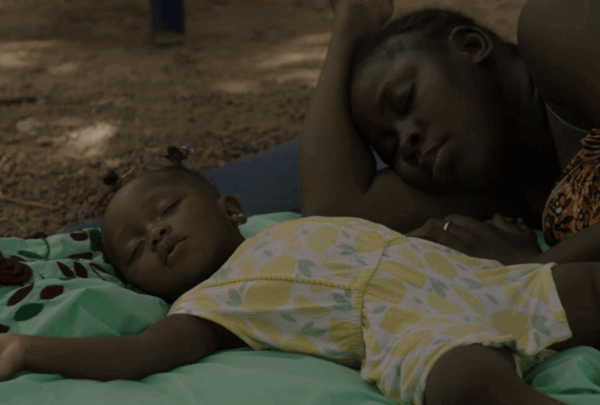
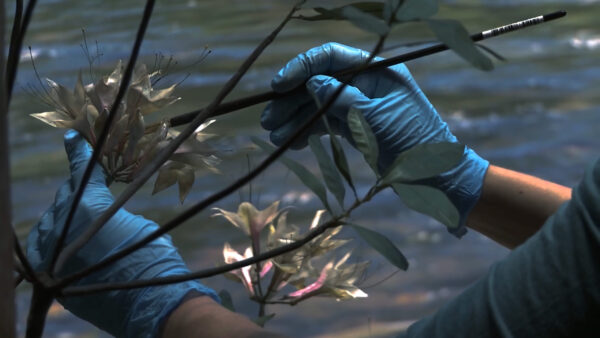
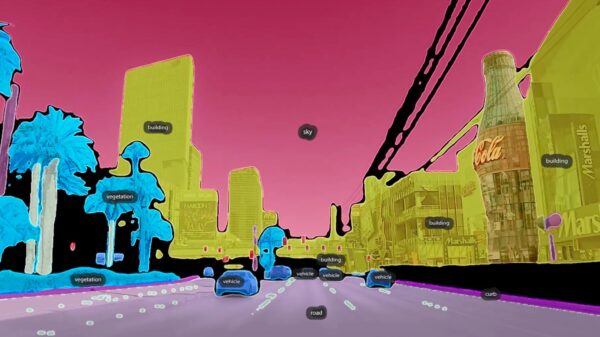

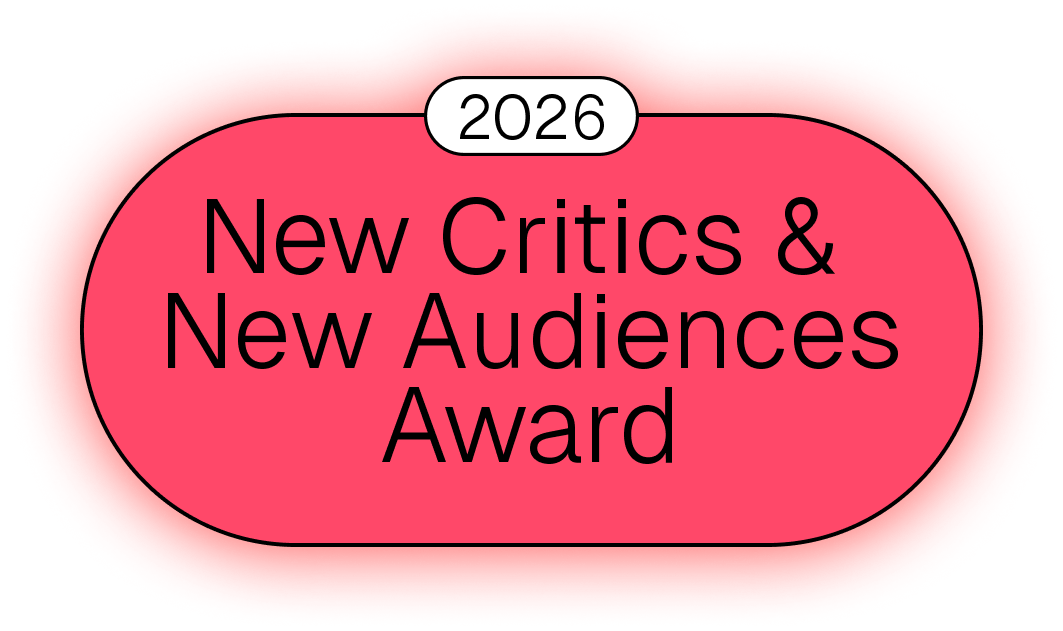
There are no comments yet, be the first!